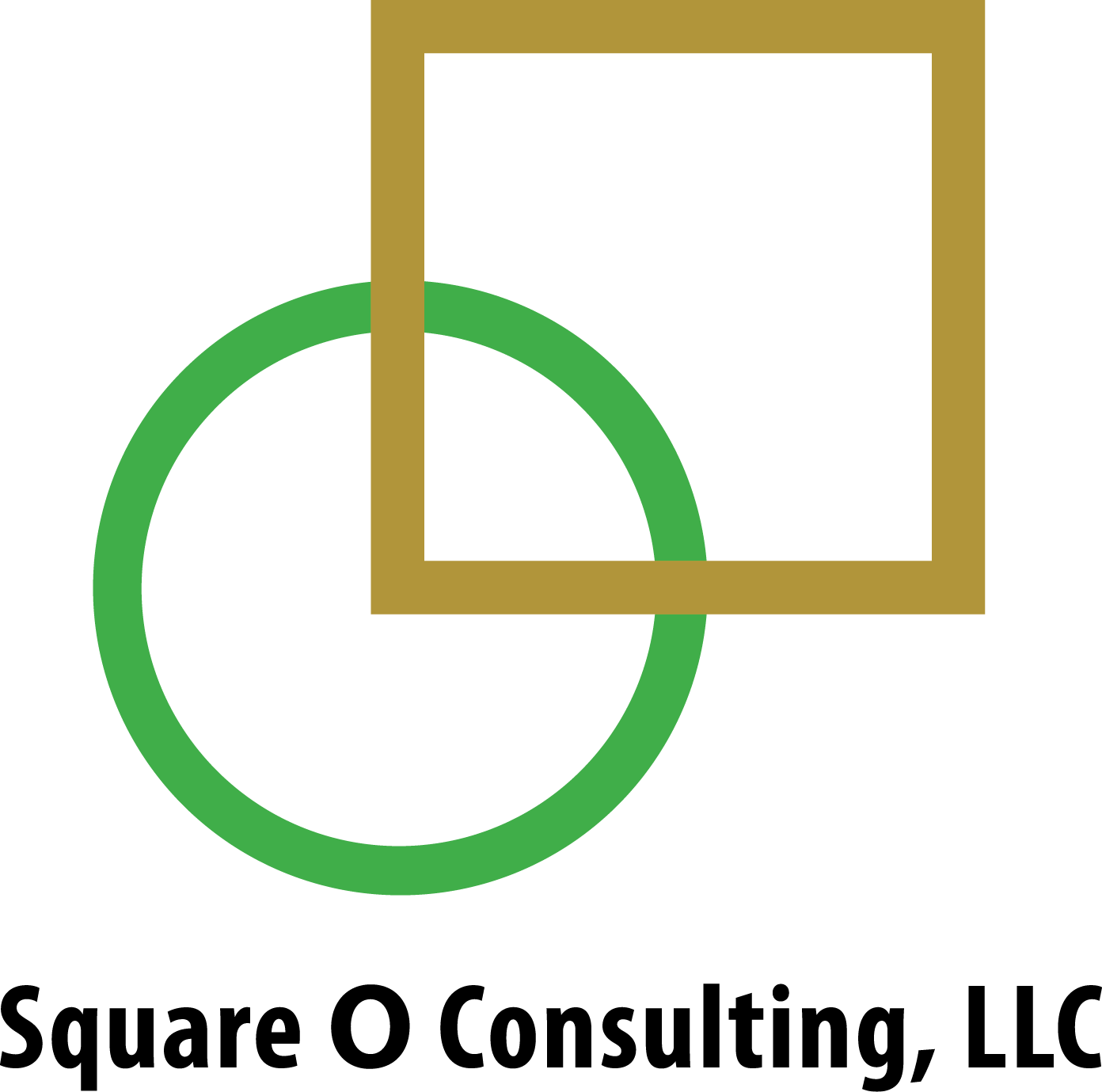Keeping and Protecting the Land
James W. Ford
Square O Consulting LLC
There is a patriotic song with the lyrics “This land is your land and this land is my land”. It also says, “This land was made for you and me”. While these lyrics are inclusive of all, the reality is far from the optimism that this song exudes. When it comes to black land ownership, millions of acres have been lost generation after generation. Specifically, black ownership of agricultural land has gone from 16 million acres of land to 4.7 million acres of land.
A Revealing Tax Trend
I recently received my hometown newspaper and the public notice section regarding delinquent taxes had more pages than all of the sections of the paper combined. This is an indicator that some property may be sold at a tax sale.
This is the time of the year that farmers are usually excited about harvest and marketing their crops. After market, it is a time to pay all the obligations associated with raising a crop and to determine the net profit. Those individuals who are renting their land to the farmers are also excited because they will receive their annual rental payment. It is also that time of the year that tax bills will be sent to landowners and that may take some of the excitement from the harvest and the rental income. Paying taxes may be routine for some, however the indicators in my hometown paper calls you to beg the difference. It may also be an indication of challenges and difficulties associated with heir’s property. Managing land and fees to have that land are made complex and confusing for heir’s property owners.
Complex and Confusing Moving Parts
“Who received the tax bill? Who is going to pay? Who moved away from home? What did grandpa tell me all those years ago? Where is my part? Can we just sell it?”
For Black families some of those moving parts may cause the taxes not to be paid and the 4.7 million acres will continue to be reduced.
Easing the Burden and Protecting Black Land
One of the ways to avoid these issues is to seek legal advice early in the process. Other ways to ease some of the tax concerns in Georgia is to contact the Tax Assessor and see what the qualifications are to apply for a Conservation Use Valuation Assessment (CUVA). If you are delinquent, some tax offices may work out a payment plan. They may also allow you to pay taxes in monthly installments.
This past year I have been in session after session where the presenters emphasize that farming is a business. Just as farming is a business, leasing your land is a business and you would like to make the best net income you can. To secure that the land resource will be there to provide perpetual income, it is imperative that the property taxes be a priority. It should be one of the first items on the expense ledger.
Additionally, it is imperative that you seek some type of income from every acre possible. Some of the areas overlooked are hunting leases, conservation programs from the Natural Resources Conservation Service (NRCS), safety net programs from Farm Service Agency (FSA) and opportunities from Risk Management Agency (RMA) such as crop insurance and pasture insurance. One area that is often overlooked is income from properly managed woodland.
COVID-19 has caused us to seek awareness, especially from a personal health standpoint, but it has also caused me to realize the value of food, our ability to produce safe and healthy food and most of all owning and controlling land that is the foundation for our survival.
James Ford is CEO of Square O Consulting LLC, www.squareoconsulting.com
